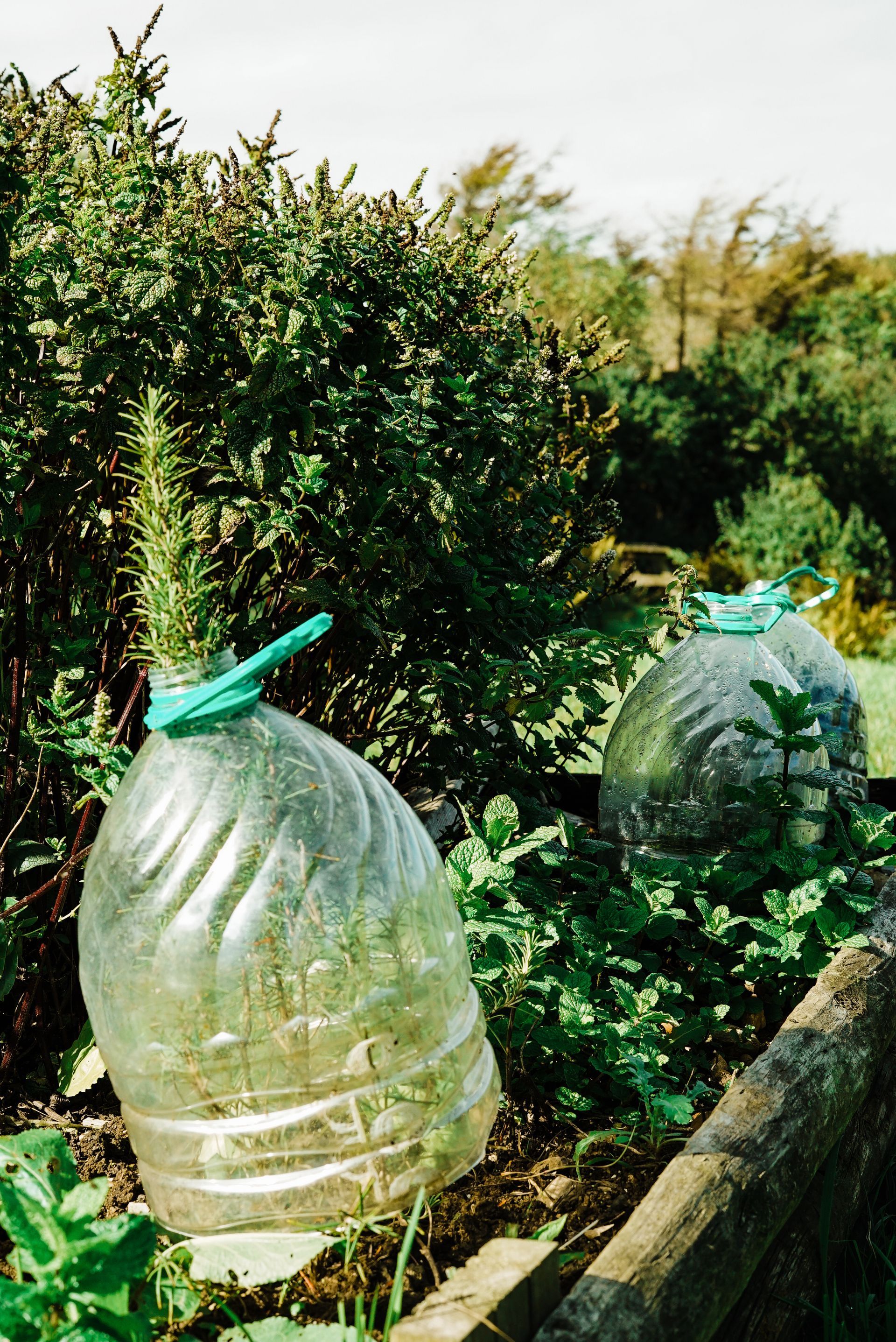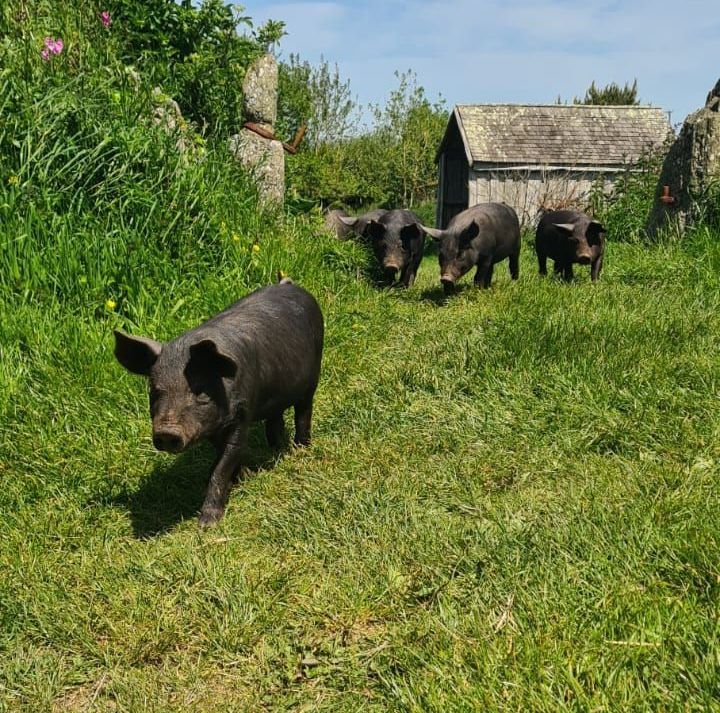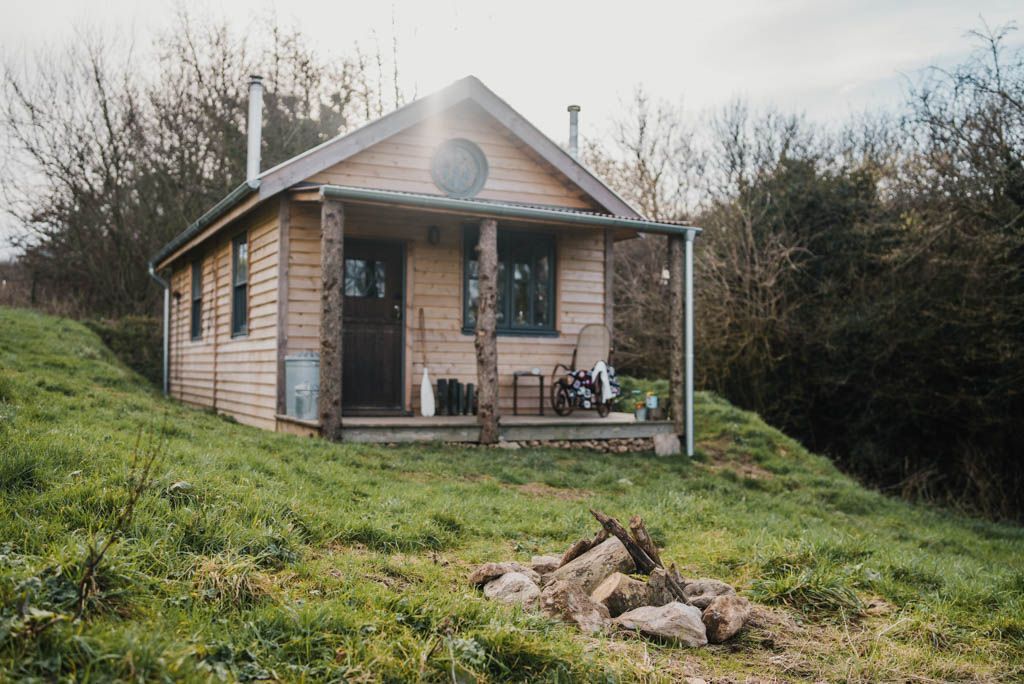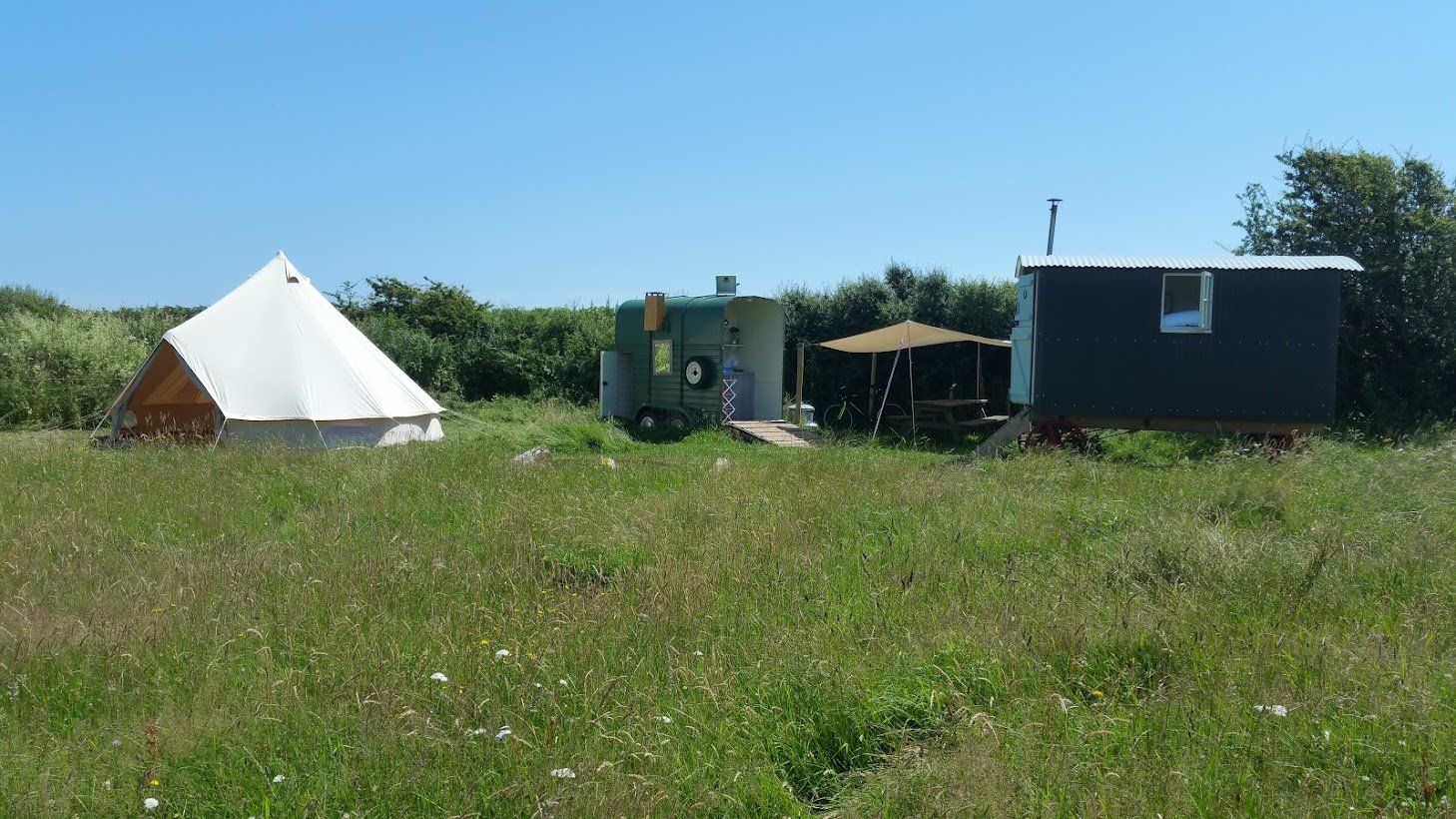Bringing regenerative agriculture to Meadow Barn Farm
John goes back to school
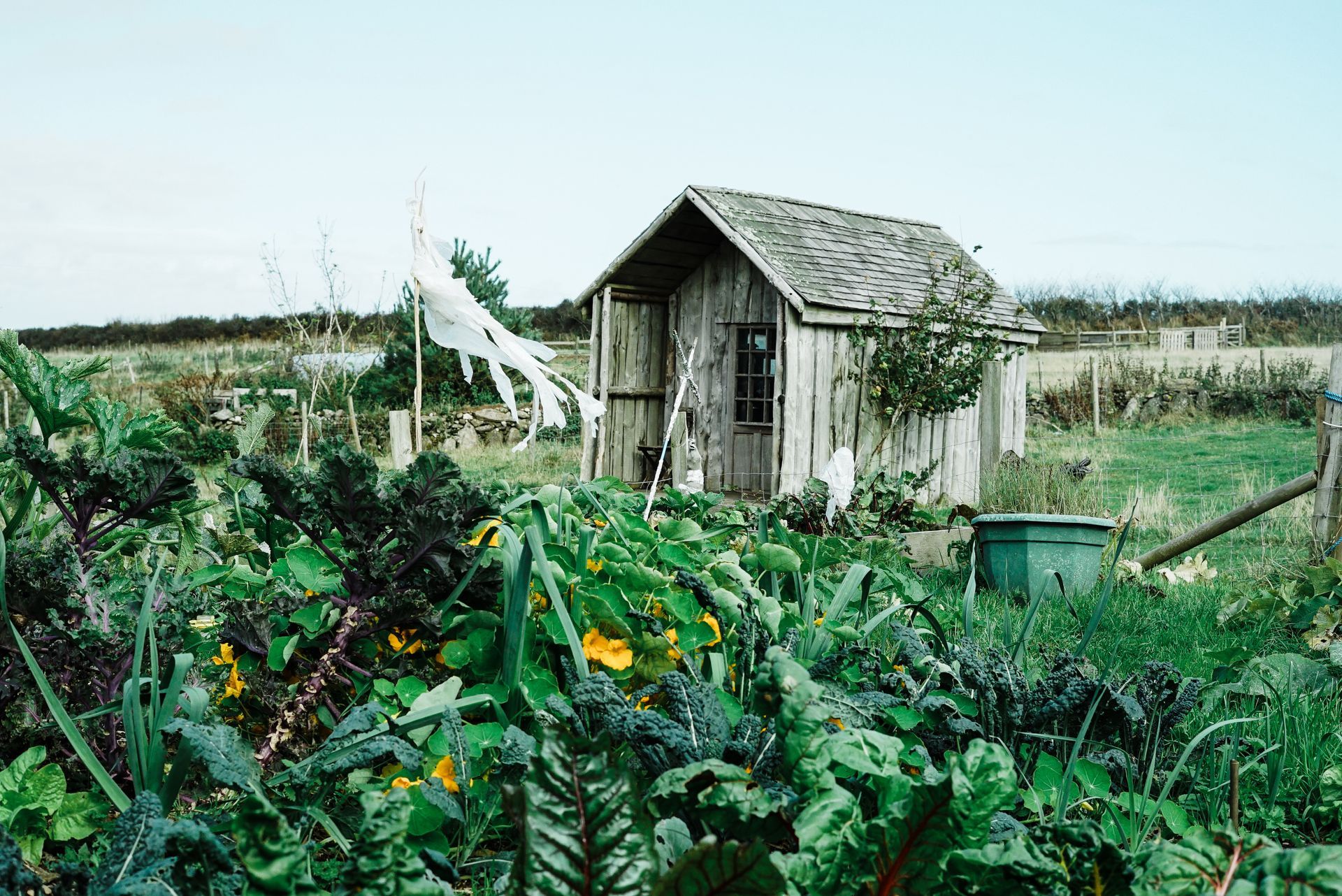
Autumn always feels like a new start to me. I guess that goes back to the time when I would be starting a new school year. It’s a time to begin learning something new and to get back into the positive habits and routines that might have slipped away over the summer.
This year, I did actually go back to school in a way. In September I started a regenerative agriculture course at the Apricot Centre in Dartington (a Community Interest Company that aims to create and run a sustainable diverse farm, well-being services and business for adults and children. I encourage you to take a look at all the wonderful things they do and offer).
I attend the course every week and diligently do my homework. Each week I sit and listen to the Trainers and have my mind blown. Being on the farm at the Apricot Centre feels to me like being right at the forefront of a new way of small-scale farming. To say I am inspired would be an understatement. I hope to share some of what I learn on this blog and explain how Liz, the boys and I integrate some of that learning on our small farm.
So, what is regenerative agriculture? Well, that was the first assignment question.
Below is my answer (which going on my GCSE track record is probably a D+ / C - / ‘could do better……’). So, for a further explanation, you may like to to head to a search engine….!

Regenerative agriculture describes farming and grazing practices that, among other benefits, reverse climate change by rebuilding soil organic matter and restoring degraded soil biodiversity – resulting in both carbon drawdown and improving the water cycle.
Regenerative agriculture can help repair the soil biome, and through this restore the carbon cycle. It can restore nutrient cycling in the soil and the water cycle. Regenerative agriculture increases biodiversity from the soil up. It can also help restore the human economy and community by putting farms back in the centre of our communities. Promoting soil health (through its regeneration) is key to regenerative agriculture.
Methodologies used on an organic farm include:
1) Composting on the farm
2) The use of ‘green manure’ crops
3) Minimise soil disturbance
4) Keeping the soil covered
5) Maximising plant or crop diversity
6) Integrating livestock
7) Harvesting water
8) Increase agroforestry
9) Holistic management
10) Keyline ploughing
The benefit of using the above techniques is to create a ‘closed loop’ of regenerative systems that restore the soil, sequester carbon, help increase biodiversity and benefit the community.
These systems and processes help farmers become less reliant on oil and chemicals. They can also help reduce production costs while being profitable. It is believed by many that regenerative agriculture is good for the planet, good for farmers, as well as bringing good for the general public.







